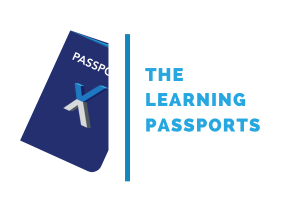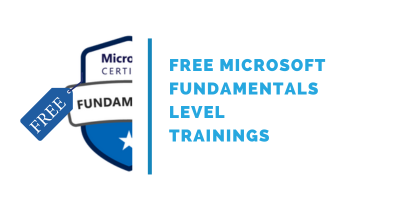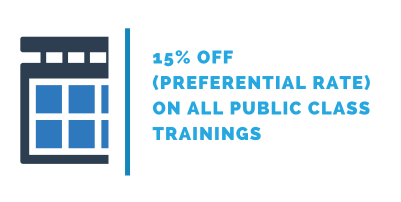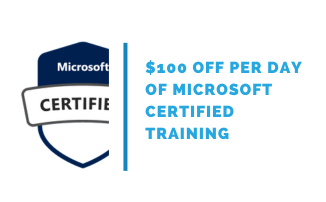
Microsoft Certified: Azure Developer Associate (AZ204)

The AZ-204, titled "Developing Solutions for Microsoft Azure," stands as a pivotal certification for professionals’ keen on mastering Azure development. Tailored for Azure developers, this course accentuates the creation, implementation, testing, and maintenance of cloud solutions utilizing a spectrum of Microsoft Azure services and tools. Students will learn how to implement Azure compute solutions, create Azure Functions, implement, and manage web apps, develop solutions utilizing Azure storage, implement authentication and authorization, and secure their solutions by using KeyVault and Managed Identities. Students will also learn how to connect to and consume Azure services and third-party services and include event- and message-based models in their solutions. The course also covers monitoring, troubleshooting, and optimizing Azure solutions.
This training is a comprehensive preparation for the AZ-204 exam to earn the Microsoft Certified: Azure Developer Associate certification.

Public class
2995$
Duration:
5 days / 35 hours
Private class
Virtual classroom
5
5 days / 35 hours
Price on request
English or French
Contact us for more information on pricing::
Eccentrix
Office: 1-888-718-9732
E-mail: info@eccentrix.ca
130, King Street West, Suite 1800
Toronto, Ontario M5X 1E3
www.eccentrix.ca








